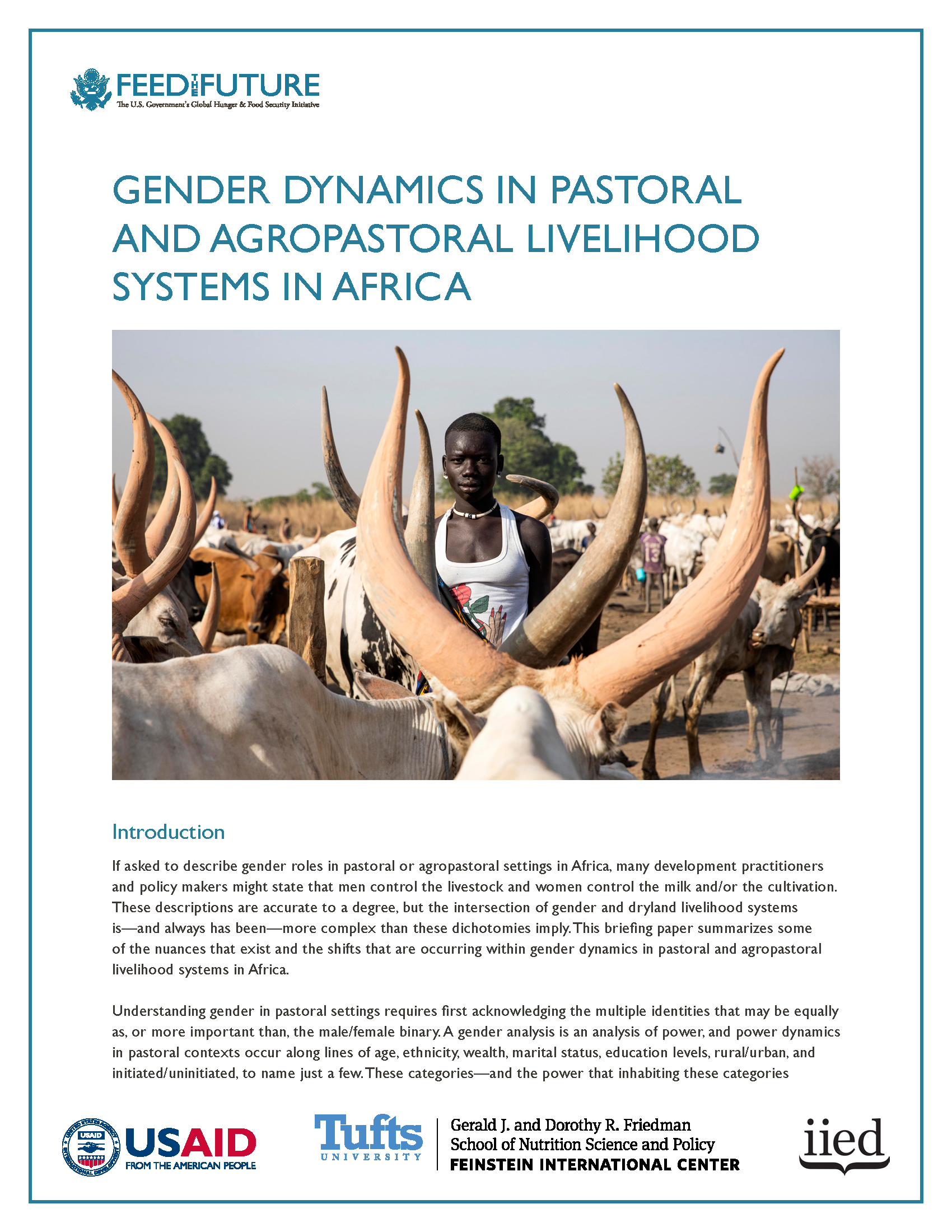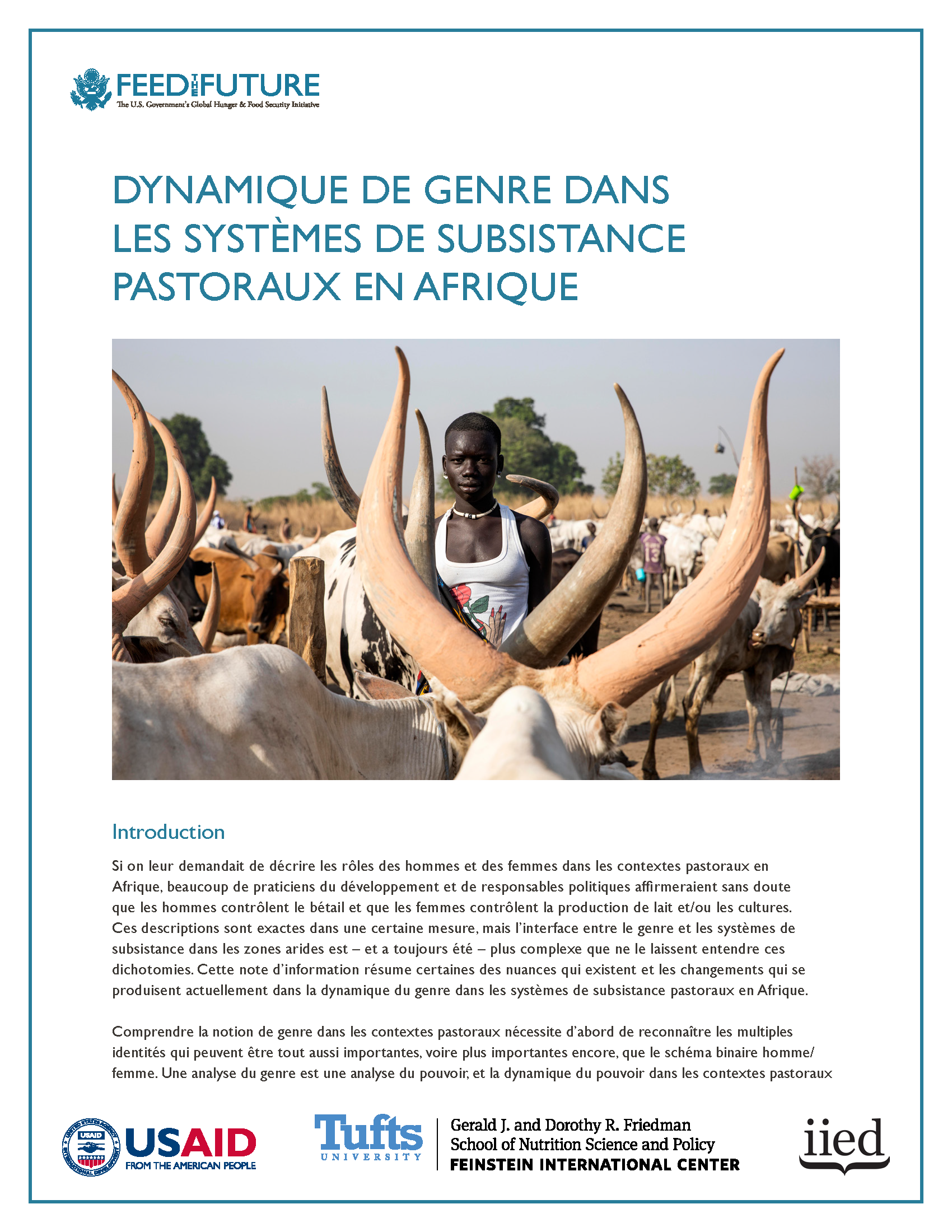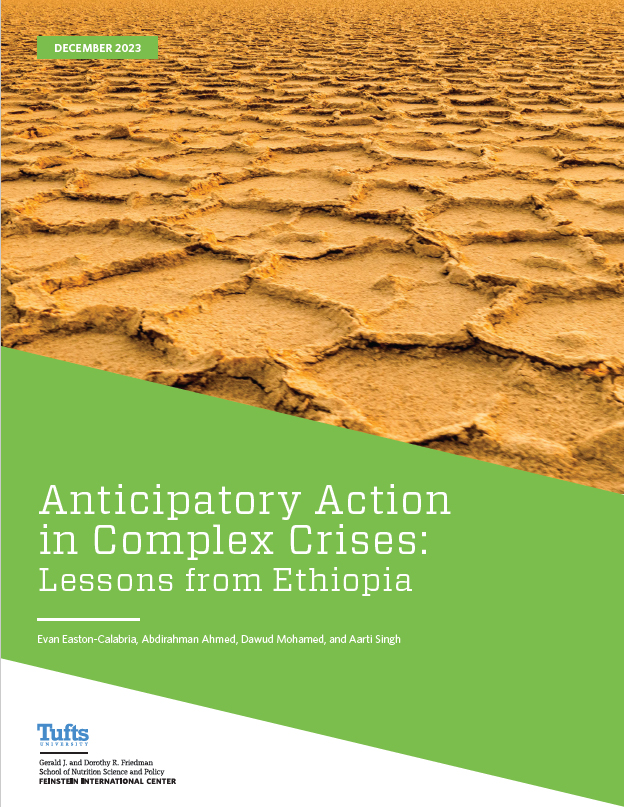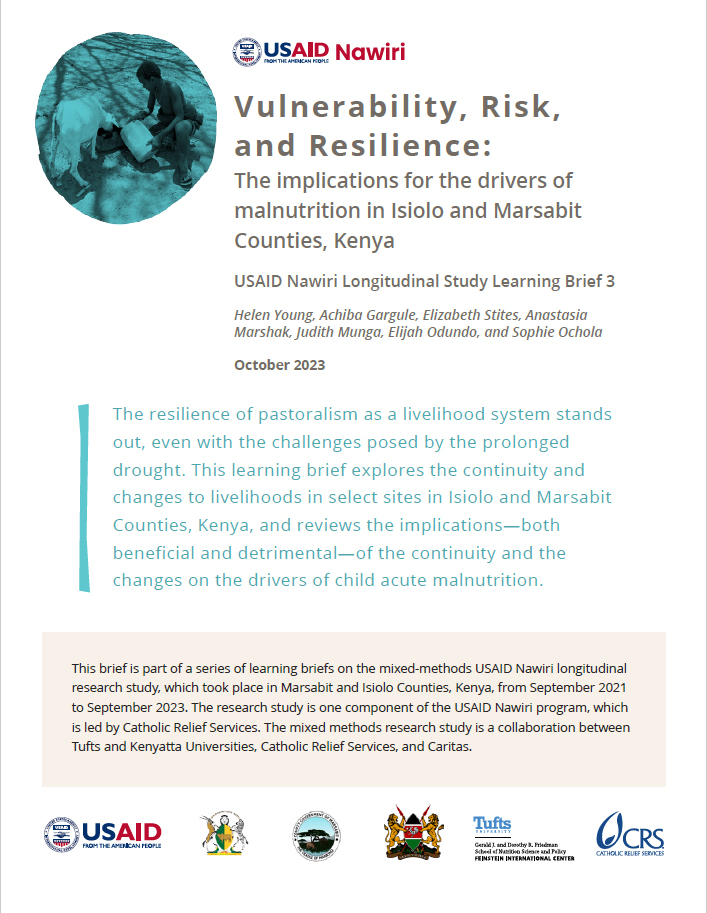Livelihoods are fundamentally about what people do to meet their needs over time, including how they cope with and recover from shocks. Understanding livelihoods conflict and recovery is a central part of the work of the Secure Livelihood Research Consortium (SLRC).
This report synthesizes findings on livelihoods from quantitative and qualitative research projects conducted by SLRC from 2011 to 2016 in eight countries affected by fragility and conflict to varying degrees: Afghanistan, Democratic Republic of the Congo, Nepal, Pakistan, Sierra Leone, South Sudan, Sri Lanka, and Uganda.
The synthesis points to eight key findings:
- The assumption in conflict-affected areas that conflict is the main driver of poor livelihood outcomes is not necessarily true, and neither is the assumption that livelihood recovery naturally follows the end of conflict.
- The evidence for a post-conflict ‘peace dividend’ is weak at best, and in many cases negligible.
- There are key constraints to post-conflict livelihood recovery, which suggest areas for investment, but also highlight the limits to livelihood support in post-conflict contexts.
- The continuing role of conflict actors in post-conflict economic activities shape the livelihood options of people who have survived the conflict.
- The livelihood options for women are constrained and strongly shaped by patriarchy, with more limited options for migration, livelihood diversification, and engagement in more lucrative post-conflict opportunities.
- Movement is a constant form of livelihood adaptation in conflict and afterwards.
- Despite the large, and growing, share of aid budgets that post-conflict livelihood support programming attracts, there is limited evidence as to the resulting impact.
- Labor markets often prove to be highly exploitative economic spaces, both during and after conflict.







